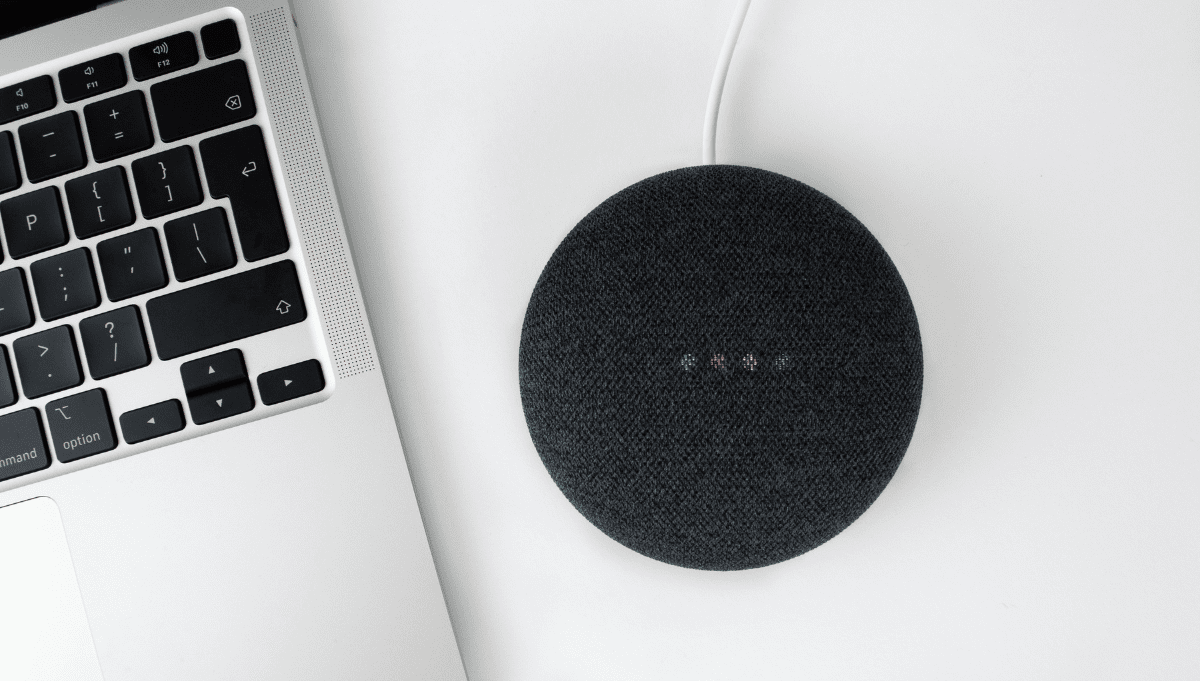
Today we’ll discuss, in detail, Alexa and Siri, two of the best-known artificial intelligence AIs.
>Share this post<
by kooomo
August 20, 2021
The internet is constantly changing, meaning marketers and business executives need to adapt quickly to the latest Google algorithms. If in the past, users were searching for particular queries on desktop versions, nowadays, people are performing all types of searches such: information, local business, products and services across numerous devices. Today we’ll discuss, in detail, Alexa and Siri, two of the best-known artificial intelligence AIs.
The power of your voice recognition
Before voice search, you could simply type your search query into Google on your smartphone to find what you need. Now, Siri and Alexa are redefining search, by creating a shift in the search for data, brands or services that the users are looking for - by using only your voice, you now have access to valuable information.The rise of voice search
While Alexa, does not provide the result to a voice search query, except for very authentic information, Google Voice Search technology provides top results from Google Search Engine Results Page. Now more than ever, being on top of Google´s search results page is vital.The vocabulary of voice search
Going back to 2020, voice search, using artificial intelligence, became more active in SEO. If searching for an expression or a question in Google, a user might type ¨best Japanese restaurant near me´´ but, when conducting a voice search via Siri or Alexa, the user will most likely use full sentences and grammatically correct language: ´´Siri, where is the best Japanese restaurant near me?¨ Moreover, artificial intelligence platforms are responding to search queries in such a manner that a person might answer, using the text of pages in Google SERP. Needless to say that the content needs to be optimized with concise explanations to questions such as: who, where and why.Regional searches
As voice search increases in popularity, mobile-friendly websites are getting increasingly necessary. This is because most of the users who perform voice-assisted searches are using their smartphones. Many voice searches through Alexa, Siri and others using AI technologies have access to navigation and location. Being integrated with Google Maps, eCommerce businesses have an opportunity to reach better traffic. For example, a user most likely will search for “a dentist near me” instead of a general search for best-rated dentists. Artificial Intelligence always uses search queries with a user's location in mind. Therefore integrations with Google Maps are important and you should build optimised landing pages with indications to different locations. Long story short, voice inquiries lead to a SERP, where local businesses will start ranking. Claiming and maintaining Google My Business landing pages will be even more important as long as voice search gains popularity.Frequently Asked Questions Pages
The purpose of voice searches is managed well in case of frequently asked questions. Long-tail keywords and conversational answers to those questions or location ("near me") searches are getting very popular as they usually answer search queries. While a text-based search may pursue general information, a voice search is usually searching for key information which can be communicated effectively, like hours of operation, location and directions. Implementing landing pages with this main information in mind will improve placement in SERPs for voice searches using artificial intelligence.Smartphone searches versus smart speakers
Smartphones are being used worldwide, but smart speakers are getting more and more popular. In a forecast made by Statista, the number of monthly active users will reach 64.88 million in 2025. Smart speakers such as Google Home and Amazon Echo are getting more popular and available, people are starting to use them to drive more searches. Because smart speakers are not linked to a screen or display, users can get only a verbal answer from voice searches. This answer is usually used on a single search result- chosen by the AI assistant in a selection process which can take just a few seconds. The developers who are building these devices and AIs are aiming for the single result to be delivered to the user and to respond to the question concisely.Conclusion
Needless to say that AIs like Siri and Alexa are making a massive impact in the SEO world and it's down to marketers to keep up. Along this process, from optimizing conversational content up to implementing eCommerce businesses with Google Maps, there are a variety of steps to get the benefits of this new type of search. While AI-assisted voice searches are conducting new challenges, the SEO purpose remains the same, to be on top of the Search Engine Results Page.More to explore
Here’s an overview of the latest improvements that are now available in the Kooomo platform.
In the next few years, we are foreseeing an impressive increase for the global retail industry. While this can be beneficial for the global eCommerce industry, it also means that there will be more competition, as well.

 en
en 

